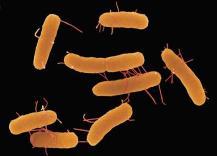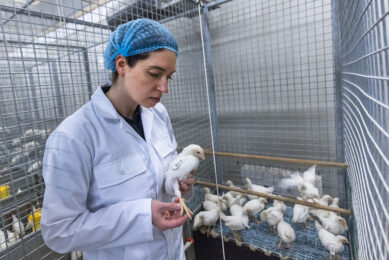USDA: New standards for foodborne pathogens in chickens and turkeys

The US Department of Agriculture’s Food Safety and Inspection Service (FSIS) implements revised and new performance standards aimed at reducing the prevalence of Salmonella and Campylobacter in young chickens and turkeys.
The improved standards will become effective in July 2011. With the new standards, FSIS is encouraging establishments slaughtering chicken and turkey to make continued reductions in the occurrence of pathogens – namely Salmonella and Campylobacter – in the products they produce.
After two years of enforcing the new standards, FSIS estimates that approximately 5,000 illnesses will be prevented each year under the new Campylobacter standards, and approximately 20,000 illnesses will be prevented under the revised Salmonella standards each year.
“These improved standards are a stronger buffer between foodborne illnesses and our consumers, especially our most vulnerable consumers – children, the elderly and those with weakened immune systems,” said Agriculture Secretary Tom Vilsack.
“There is no more important mission at USDA than ensuring the safety of our food, and we are working every day to lower the danger of foodborne illness. The new standards announced today mark an important step in our efforts to protect consumers by further reducing the incidence of Salmonella and opening a new front in the fight against Campylobacter.”
FSIS developed stricter performance standards using recently completed nationwide studies that measure the baseline prevalence of Salmonella and Campylobacter in young chickens and turkeys prepared for market. The studies indicated that, despite improvements, there was still a risk of consumers being exposed to these pathogens through poultry.
FSIS is announcing the new performance standards and inviting comment in the Federal Register Notice that will publish shortly.
Source: USDA
Join 31,000+ subscribers
Subscribe to our newsletter to stay updated about all the need-to-know content in the poultry sector, three times a week. Beheer
Beheer








 WP Admin
WP Admin  Bewerk bericht
Bewerk bericht